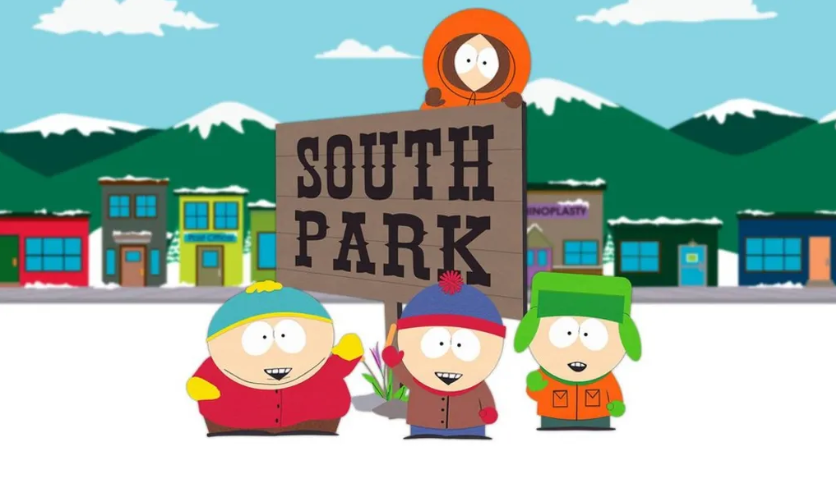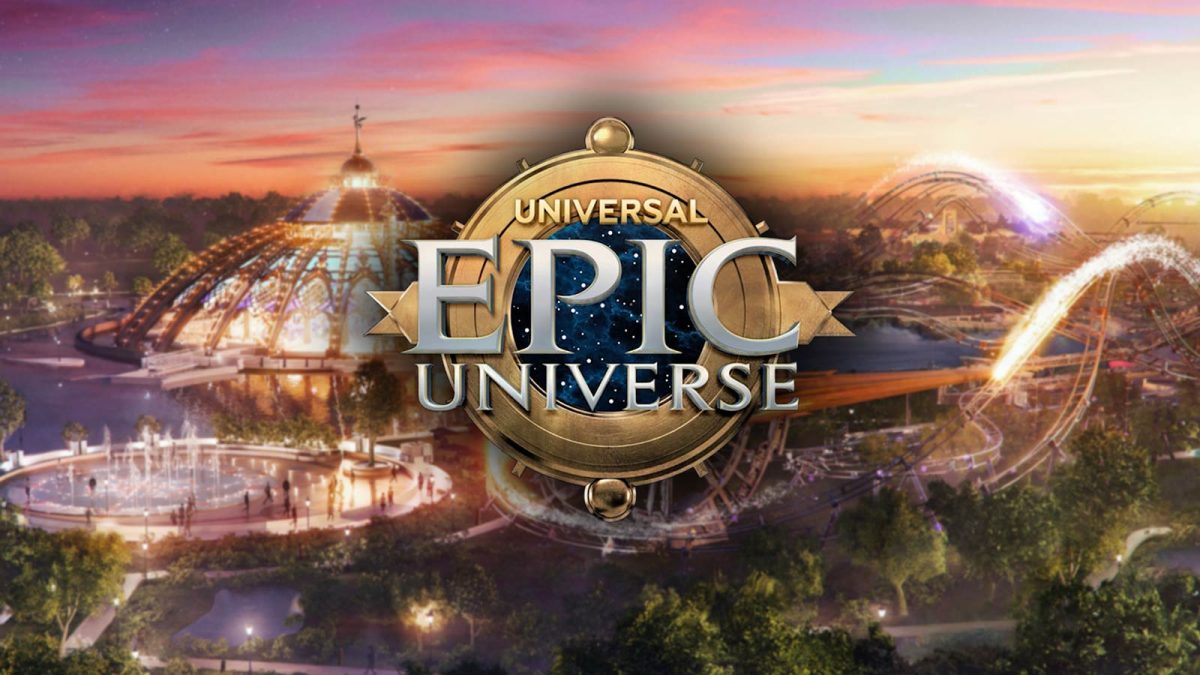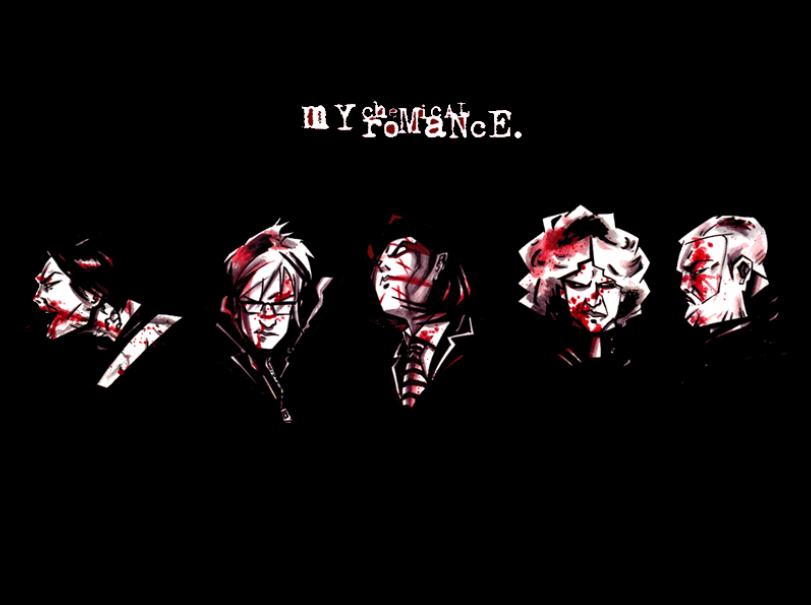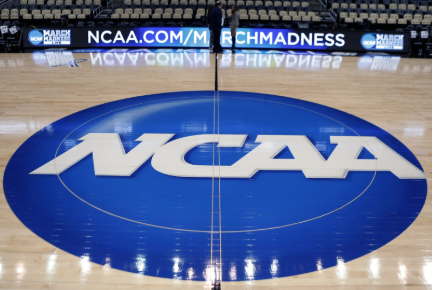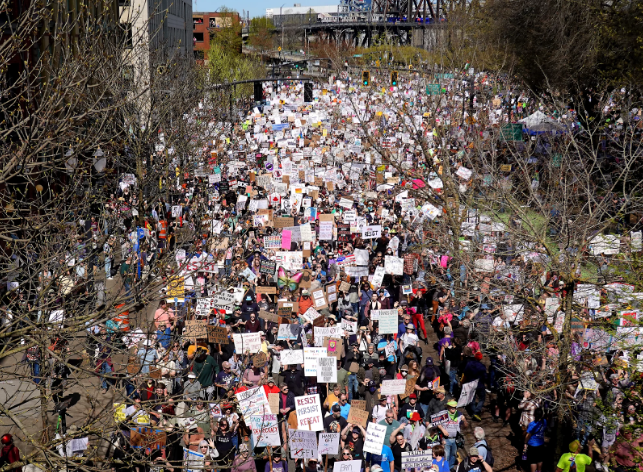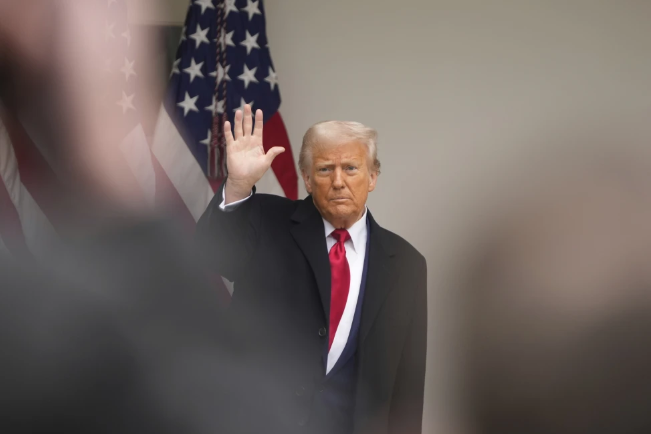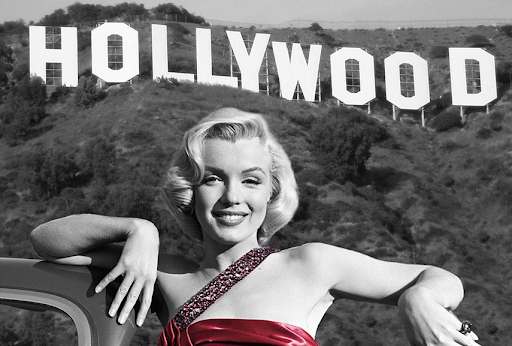
For years Hollywood, California served as the birthplace of stars, a neighborhood synonymous with entertainment and excess. But the glitz of Tinsel Town may have finally worn off. Many feel that the stars created in the digital age are lackluster compared to the stars of decades past. What happened to the American celebrity?
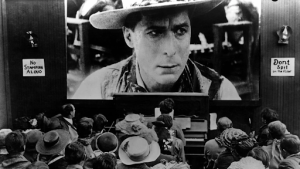
Hollywood as we know it began on the stage, but is perhaps most well known for its transition to the screen. The Silent Screen era began in the early 1900s and spanned until the late 1920s. However, movie stardom did not always go hand in hand with celebrity status. Often movie studios would not share the names of the actors for fear that they would demand higher pay. Silent films later transitioned to “talkies,” which shifted the way that movies were created and consumed.
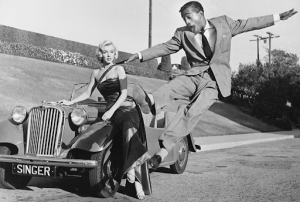
Americans began to fixate on their favorite performers, and movie studios realized they could control their star’s public image and turn them into marketable products just like the movies they starred in. Aspiring actors would sign contracts with studios, and the studios would decide their persona and the roles they would take in movies. Celebrities of this era were known for their mysterious glamor, and though people craved access to their private lives, there was a distance maintained between the public and the celebrities. The studio system could manage the public image of their stars, and the 24 hour news cycle was still years in the future.
The studio system fell in the 1960s, with the rise of television and anti-monopoly legislation that broke up the five major studios. Actors transitioned to freelance work and independent productions became more popular. Hollywood became a star driven market, where the marketability of the leads in a project was seen as a protective factor against failure. Still, there was only so much the public could know about the stars, and only so much that celebrities were willing to give the public.
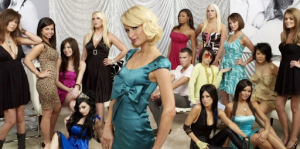
Everything would change in the 2000s. The rise of the internet gave unprecedented access to celebrities, and early forms of social media like MySpace only encouraged parasocial relationships. The Writers Guild Strike of 2008 resulted in the reality TV boom, where shows relied on the premise of people living their everyday lives in front of a camera. This encouraged the idea that stars were “just like us,” and coincided with the rise of social media. The 2010s saw the birth of the social media influencer that we know today.
The influencer is often perceived in a different light than the celebrity. They are seen as less talented or vapid because they did not have to perfect a craft in order to become famous. There is a negative connotation to the word “influencer” even though, at their core, their job is to influence people to buy things. However, these creators are key to the marketing industry today. Speaking to their millions of followers with just a click of a button, they are incredibly valuable to those looking to advertise a product.

Recently, conversation has been bubbling over whether the newfound privileges influencers receive are deserved. An example of this is the recent tumult over New York Fashion Week, where an influencer went viral after yelling at a PR agent to let her into an event. Originally, fashion editors would get front row seats at showings. As NYFW grew in prominence, they were largely replaced by celebrities, which ruffled the feathers of those who worked in the fashion industry. Now, these celebrities are being joined by influencers, and the debate continues as to whether NYFW is about fashion anymore, or if it’s about the spectacle of a front row with millions of followers combined.
The celebrity landscape has changed remarkably over the years. Gone are the days of splashy spectacles like a meat dress on the red carpet, as now celebrities can just post a picture of what they are wearing on social media. Many established celebrities choose to exist quietly online in an attempt to control the narrative about them, with little to no social media presence. To many, it can feel like the celebrity space is being dominated by people with niche presences that only small sections of the population know or care about.
Regardless of whether people yearn for the Golden Age of Hollywood in the 40s and 50s or are nostalgic for the flashing light bulbs of their childhood in the 2000s, it is important to acknowledge that Hollywood has always changed with the times. As long as people keep paying attention to them, celebrities will continue to exist. Those who get their start on social media are just part of a new wave due to the changing technological landscape. It doesn’t mean that “real” celebrities are gone forever, they are just taking a different form. People may like to fondly remember the past, but it is the innovation of the future that keeps things from getting stale.










